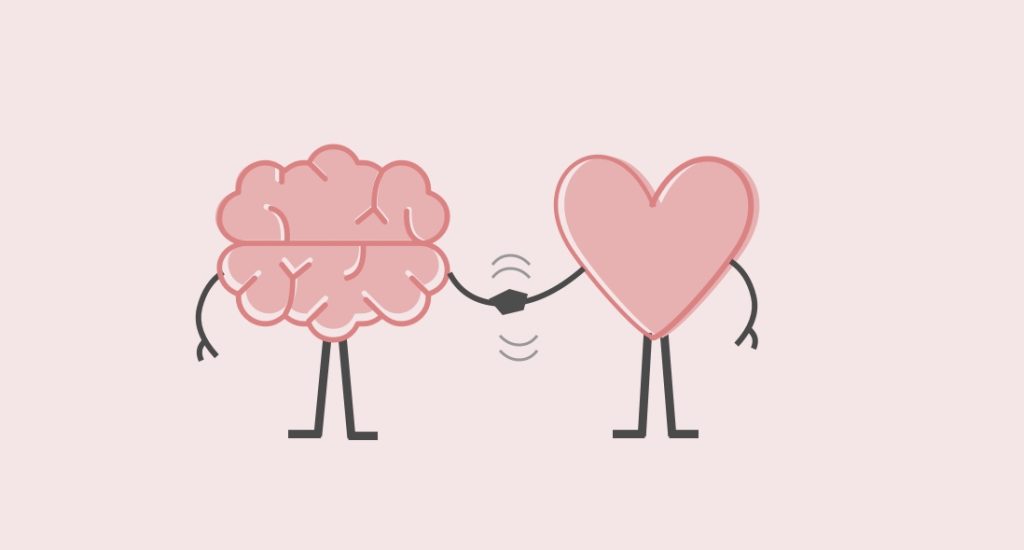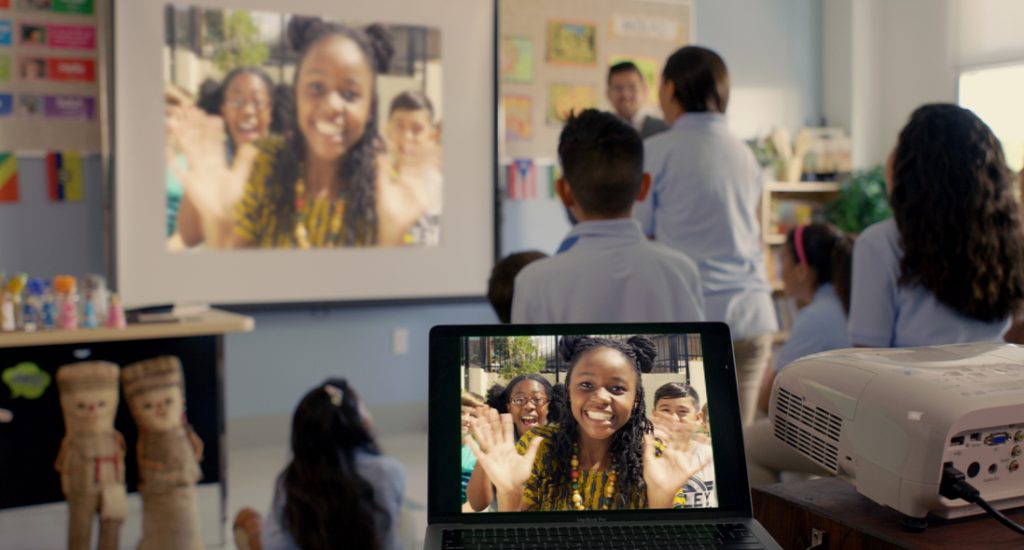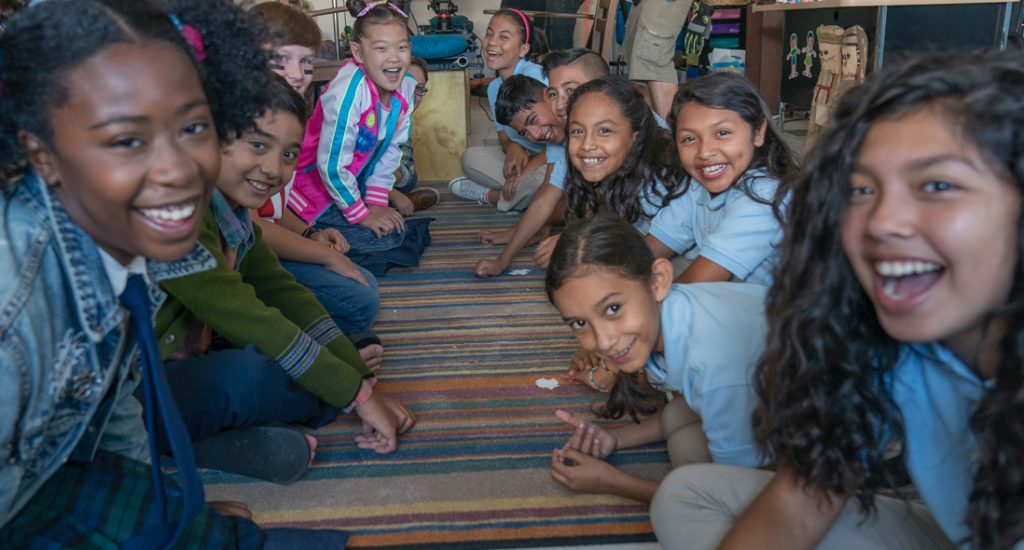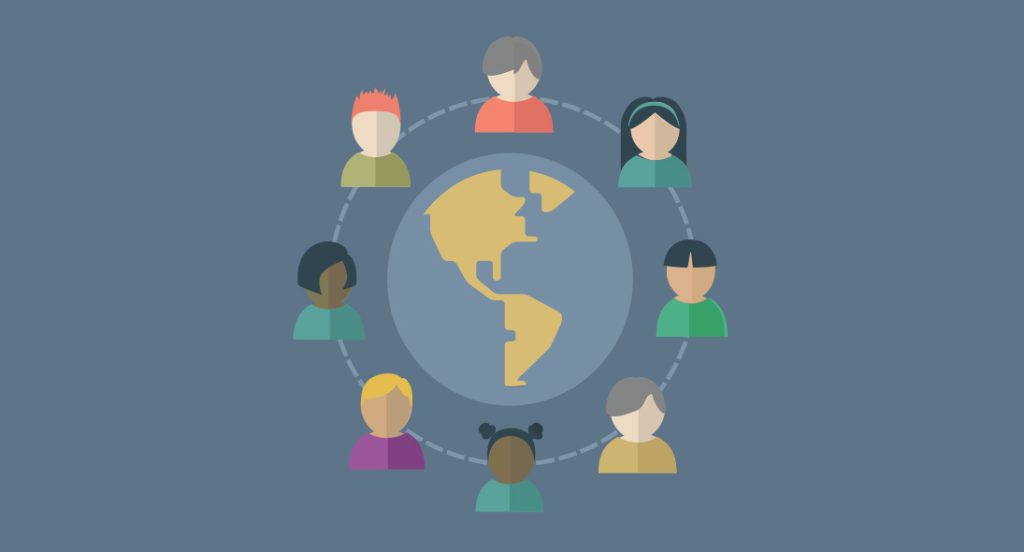“Part of our formal education should be training in empathy. Imagine how different the world would be if, in fact, it were ‘reading, writing, arithmetic, empathy.’” —Neil deGrasse Tyson
Social and emotional learning, or SEL, has become a very important topic in the education landscape. While the specific skills related to this area of learning may be up for debate, what many can agree on is the need for education to focus on the whole child – both traditional and emotional intelligence – in order to prepare students for a lifetime of personal growth and healthy relationships.
According to the Collaborative for Academic, Social, and Emotional Learning (CASEL), “social and emotional learning is the process through which children and adults acquire and effectively apply the knowledge, attitudes, and skills necessary to understand and manage emotions, set and achieve positive goals, feel and show empathy for others, establish and maintain positive relationships, and make responsible decisions.” It includes a number of competencies from relationship skills to self-awareness to social awareness, which can be taught on their own or even integrated into core subject areas like reading and science.
Focusing on SEL in the classroom can help students manage emotions and communicate respectfully and efficiently, which in turn can improve interpersonal relationships and reduce bullying. In the classroom and beyond, SEL helps students solve problems and demonstrate more prosocial behaviors such as kindness and empathy.
Roger Weissberg, Professor of Psychology and Education at the University of Illinois at Chicago and Chief Knowledge Officer at CASEL, makes a strong case for the benefits of SEL and how schools and communities can get involved on the Edutopia blog.
Incorporating SEL in your lesson plans
While support for SEL might be high, implementation in schools can be a challenge. But teaching social and emotional skills doesn’t have to take time away from your regular lesson plans. For example, asking students simple questions that provoke meaningful answers, modeling behaviors and skills, and intentionally fostering classroom culture norms can all contribute to improved SEL in students. Empatico’s activities and teacher resources provide the opportunity to practice key SEL skills that help establish a supportive and respectful environment within the classroom and support students in developing relationships with peers around the world.
At Empatico, we focus in particular on social awareness, which includes the ability to understand, empathize, and feel compassion for those with different backgrounds or cultures; as well as relationship skills, such as communicating respectfully, actively listening, cooperating, and recognizing and understanding different perspectives. By learning these skills and interacting with peers from around the world, students can improve their interpersonal and communication skills, which can strengthen learning outcomes and support success at work, family and marital satisfaction, and a healthy social life.

Building meaningful relationships with peers
The more we can create opportunities for students to learn in meaningful, emotionally-charged, and personal ways with their peers, the more we can ensure they will absorb the content and skills we want to build in traditional subjects like math, science, and social studies. Research suggests that students learn best when they are driving the process and the information is presented in a storytelling format that activates their natural curiosity. Learning is “sticky” when students connect what they learn to their own personal experiences and they have opportunities to explore, engage, and extend their ideas over time.
Introducing students not only to peers within their own classrooms but also to peers from different communities and cultures can expand their ability to develop relationships with a wide range of individuals. To support students in developing inclusive cross-cultural perspectives, it’s important to provide them with opportunities to engage in meaningful and honest dialogue, experience trust and feel part of a community, and feel secure in their own identity while acknowledging different perspectives. At Empatico, we ensure that all of our activities include opportunities for students to exchange personal stories, recognize similarities, and practice empathy as they connect with a partner class, which can help students build meaningful relationships with peers around the world.
To learn more, check out our Empatico Skills Overview and Mini-Lessons, which include detailed information about teaching Empatico Skills, including: (1) specific components of each skill, (2) tips for reinforcing the skills, and (3) research-based “mini-lessons” to help students learn and practice the skills.
“My students loved learning about all the similarities. For them, there was an ‘aha moment’ when they realized: ‘Wow! They do the same things as us!’, even though they’re from another part of the country!”
– Jessica Werderman, 3rd grade teacher



